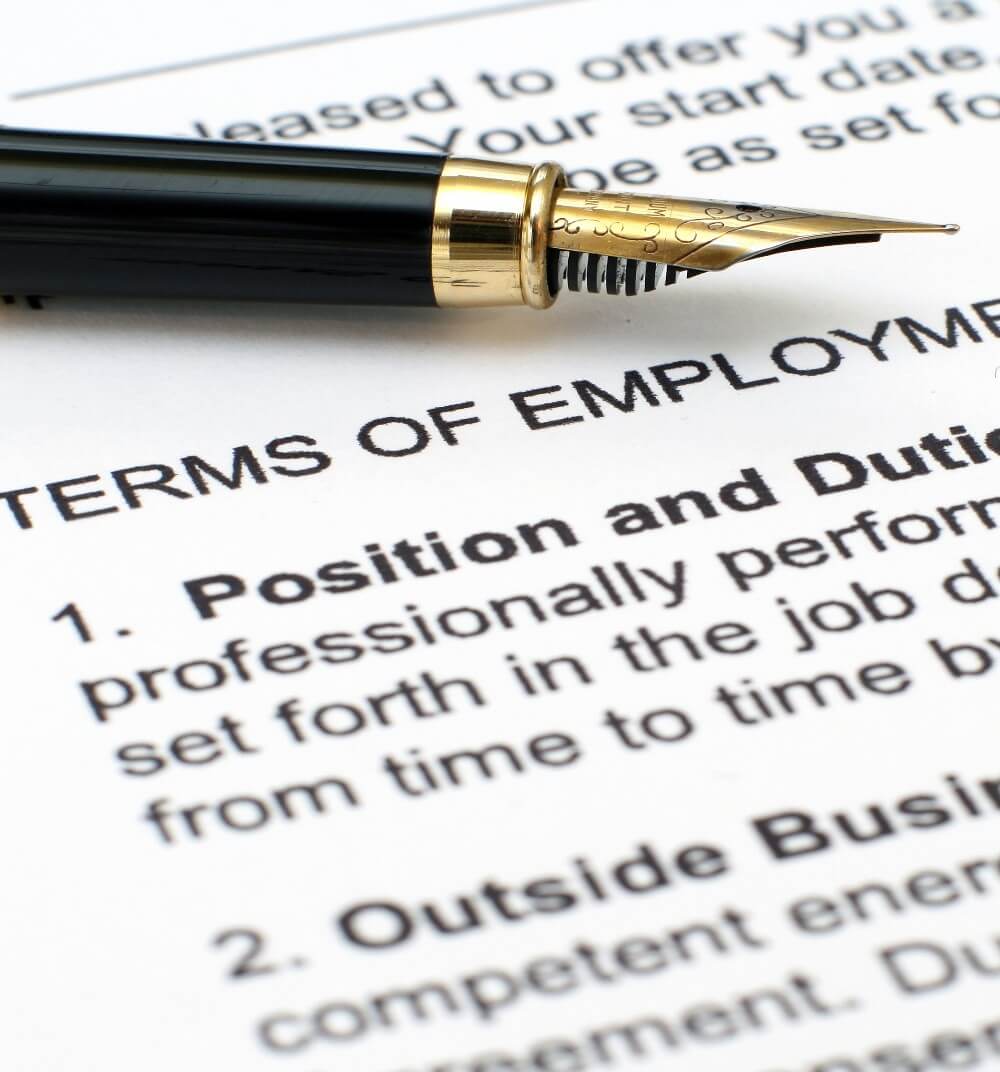Failure to Pay an Employee Correctly and Constructive Dismissal
An employee is constructively dismissed if the employer fundamentally breaches the contract of employment, and the employee resigns in response. A breach of the implied term of trust and confidence will be a fundamental breach of contract. The test is an objective one – is the employer’s conduct likely to destroy or seriously damage the trust and confidence between employer and employee? A constructive dismissal can be created by a series of events as well as a one-off incident. If there is a series of incidents, which taken together amount to a breach of contract, the employee can resign in response to the last in the series, even if that in itself is not a fundamental breach of contract (though it cannot be utterly trivial). This is called the ‘last straw’ principle.
In this article, I look at the case of Craig v Abellio and how failure to pay a member of staff can constitute a breach of contract, and depending on the circumstances, may open up an employer to the risk of constructive dismissal.
Failure to pay
In Craig v Abellio, the employee had been off sick. His sick pay was calculated and paid incorrectly due to a variety of errors and misunderstandings by the employer. He raised a grievance. The grievance originally found that the employee owed the employer £2000. The grievance appeal overturned the decision, accepting that the employee was owed over £6000 (although the employee said that the sum specified was still an undervalue). The employer agreed to pay the employee the sums owed by a certain date but failed to do so. The employee resigned the next day, saying trust and confidence had been fundamentally damaged. He brought a constructive dismissal claim relying on mistreatment which had occurred in the lead up to his resignation including the repeated failures to pay the correct pay, the grievance process and the failure to pay the backpay owed on time. He said the failure to pay the back pay was the ‘last straw’.
A mistake or a fundamental breach?
The employment appeal tribunal (EAT) said he had not been constructively dismissed. The mistakes about pay had not been fundamental breaches of contract and had been redressed by the grievance process. The failure to pay the backpay was a mistake not a fundamental breach (and paid shortly after the employee resigned). The employee appealed. The EAT overturned the decision. They said two issues were at play in this case – a breach of trust and confidence and also the breach of express contractual terms relating to pay. The tribunal had not made it clear in their judgment that they understood and applied the ‘last straw’ doctrine properly. They did not appreciate the nub of the issue for the employee – that the failure to pay the backpay came after a litany of errors in relation to pay and a failure to engage with him when he complained. The tribunal said the failure to pay the backpay was a mistake, not a fundamental breach, but then said that the history leading up to it was irrelevant. The EAT said that was evidence that the tribunal had not properly understood and applied the last straw doctrine. The failure to pay the backpay was capable of being the last straw. The EAT also said that a failure to pay the correct pay is in itself a breach of contract, even if there is a ‘reasonable’ reason for not doing so, such as mistake. The EAT sent the case back to a new tribunal panel to rehear the case.
This case is a sage reminder of two important principles. Firstly, any failure to pay the correct pay, in breach of an express term of the contract, can constitute a fundamental breach of contract. Getting an employee’s pay wrong can expose the employer to the risk of constructive dismissal cases so care must be taken especially where an employee complains of errors. This case also reminds employers that a series of incidents over a period can create a constructive dismissal even when the individual incidents are not in themselves fundamental breaches of contract. The last straw does not have to be particularly serious. Employers should always ensure that employee grievances are dealt with properly, especially ones relating to pay.
Here to Help
If you would like to discuss your responsibilities as an employer, please contact Miranda Mulligan in our Employment team.
Please note the contents of this article are given for information only and must not be relied upon. Legal advice should always be sought in relation to specific circumstances.

